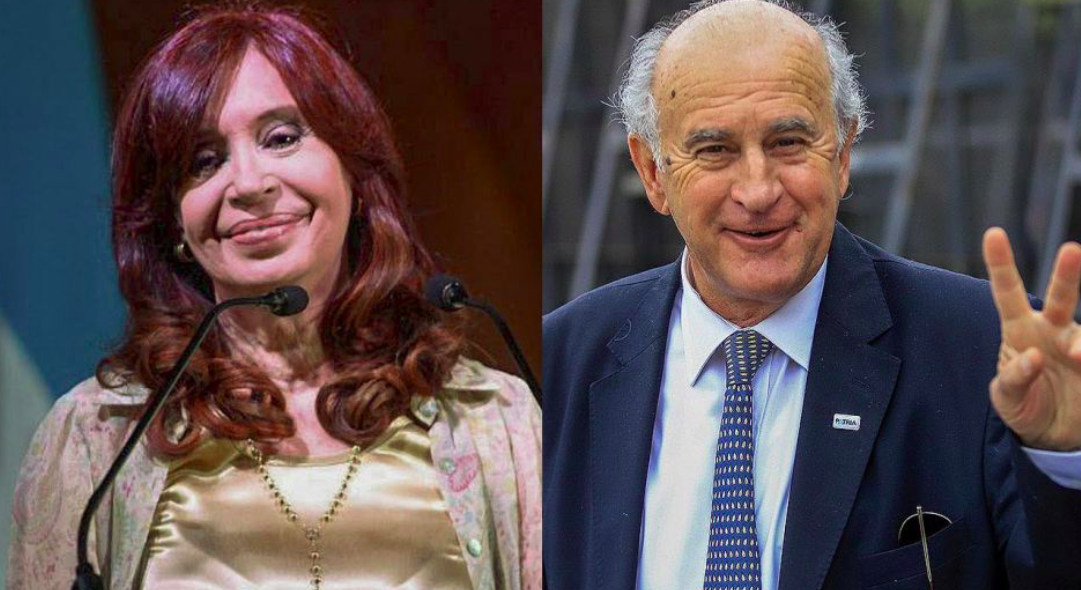Taking advantage of the expiration of the concession decrees signed by former President Menem, a project headed by Oscar Parrilli intends to once again take away the dams from Argentines in order to return to the centralized state system that led the country to the energy debacle in the 1980s.
Senator Oscar Parrilli presented a controversial project to return to nationalize the management of the dams that generate electricity in the country.
He intends to return to the old and obsolete system of centralized planning that prevailed in the country before the modernization of the 90s, by which the administration of the dams would pass into the hands of Energía Argentina S.A. (ENARSA) and with the participation of the Provinces of Neuquén, Chubut and Río Negro.

The operation arises in response to the expiration of the concessions signed by former president Carlos Saúl Menem between 1992 and 1993, many of them with an expiration date of 2023.
Only in August of next year will the expiration of five contracts with private companies, and the national State may opt for the renewal or the de facto expropriation of the services. Kirchnerism presses for this last possibility.
By means of Law 24,065, President Menem privatized the administration, operation, and exploitation of all the hydroelectric projects that were retained under the state orbit.
The privatization of services in the form of concessions allowed the country to recover the patrimony of energy resources, and enable a better exploitation of electrical energy services through hydraulic generation.
The state and planned administration of the energy system demonstrated a broad failure in the history of Argentina.
Under the former conglomerate of National Energy Companies (ENDE), the State concentrated the monopoly of hydroelectric generation and prevented its development throughout the 20th century.
The centralized system led to a deep energy crisis in the mid-1970s, which is why the then Minister of Economy José Alfredo Martínez de Hoz launched a program of “peripheral privatizations” to demonopolize state participation in the system and thus allow the entry of private investment.
Peripheral privatizations made it possible to expand investment, installed capacity and production of hydroelectric power, but the collapse of the massive state-owned companies in the 1980s led to the worst energy crisis in all of Argentina’s history.
The system that today intends to replicate Kirchnerism again caused a 40% collapse in the internal supply of hydraulic energy, while the installed capacity stagnated.
The total privatization of the massive State companies, and the opening of new concessions, allowed a takeoff of 178% in the internal supply of hydraulic energy between 1989 and 2001.
In this same period the installed capacity of the system grew by 48.61%. Menem’s privatizations recovered power generation for the benefit of society.
The dynamism of the system flanked again in the 2000s, after the tariff freeze ordered by Néstor Kirchner and its maintenance practically without modifications until 2015.
These irresponsible measures discouraged investment and decapitalized the energy system, causing the country to return to have a deficit in its balance of trade on this item.
Parrilli’s project finds a scapegoat in the private management of services to justify the insufficient performance of the system in recent years, when in reality it was the regulations on rates themselves that distorted relative prices and limited investment.
With information from La Derecha Diario

